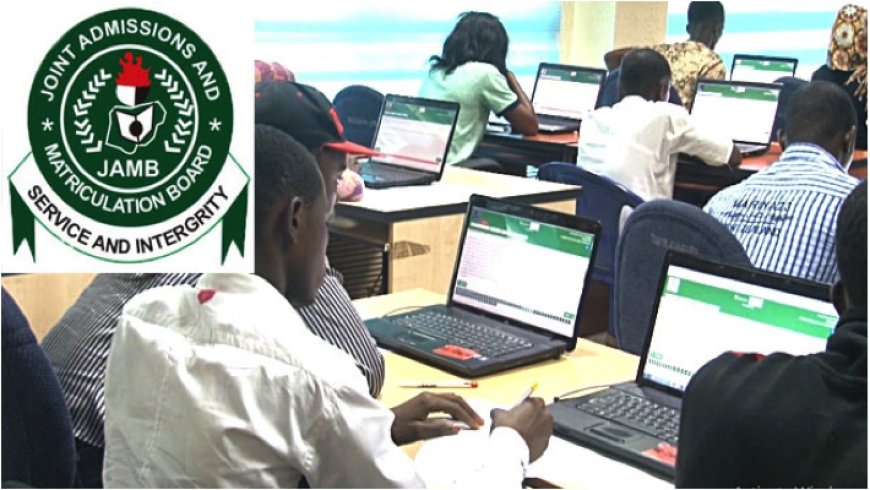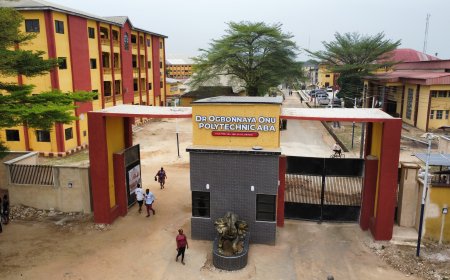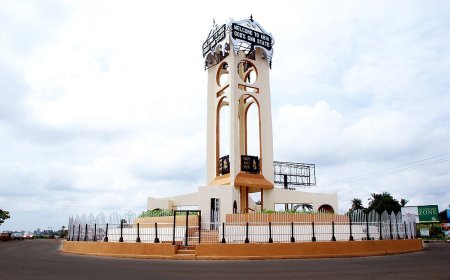Debate Intensifies Over Scrapping Post-UTME Screening in Nigerian Universities
A new survey across Imo and Abia States has reignited debate on the relevance of Nigeria’s post-UTME. While many parents, students, and teachers call for its scrapping due to costs and duplication, others argue it safeguards admission credibility against malpractice.

The relevance of the post-UTME screening conducted by tertiary institutions has come under renewed scrutiny, with a cross-section of Nigerians calling for its abolition.
In a survey conducted across Imo and Abia States, parents, students, and education stakeholders expressed divergent views on whether the second qualifying examination should be retained or scrapped.
Many respondents argued that the introduction of computer-based testing (CBT) in the Unified Tertiary Matriculation Examination (UTME) has already curtailed widespread malpractice, rendering post-UTME unnecessary.
- Obinna Uzochi, a parent in Owerri, said the CBT system reduced impersonation and other forms of malpractice, which the post-UTME was originally introduced to check.
- Retired educationist Anastasia Ugoh recalled cases where candidates who travelled long distances for the screening were left stranded without accommodation or logistics, exposing them to hardship.
- A teacher, Callistus Ibe, described the screening as “a repeat of UTME” that piles pressure on students and may cause underperformance.
- Students such as Mary Udekwe and Chika Ikedi insisted that JAMB should be the sole body responsible for admissions, noting that post-UTME only adds unnecessary costs for families.
- In Abia, parent Ndukwe Kalu lamented the financial burden of post-UTME fees, acceptance fees, and clearance fees, which he described as excessive.
Other stakeholders defended the exercise, stressing that it provides an extra filter against admission racketeering.
- Retired principal Rosemary Chiatula described the introduction of post-UTME as laudable, though she admitted that corruption within institutions had compromised the process.
- Stella Osuji, a school administrator, said the screening enhances admission credibility and curbs malpractice, but acknowledged that the costs are heavy on families.
- A staff member of the Federal University of Technology, Owerri, said the extra test helps eliminate candidates who obtained high JAMB scores through malpractice, thereby protecting the credibility of cut-off marks.
- A senior staff of the Imo Ministry of Education, Ify Nebedum, emphasized that physical screenings improve monitoring and reduce cheating.
- Another official from Alvan Ikoku Federal University of Education, Owerri, said broad invitations were necessary so institutions could select the most qualified candidates from a large pool.
- Allegations of question leakages by corrupt staff.
- Lack of proper accommodation and logistics for candidates traveling interstate.
- The high cost of multiple admission-related fees.
- The duplication of functions between JAMB and universities.
The debate reflects broader questions about the fairness, affordability, and credibility of Nigeria’s tertiary admission process. While some believe harmonizing SSCE results with JAMB scores would provide a simpler solution, others argue that without post-UTME, institutions would struggle to filter out unqualified candidates.
The calls for reform come at a time when stakeholders are urging policymakers to balance credibility with accessibility in tertiary education admissions.






















































